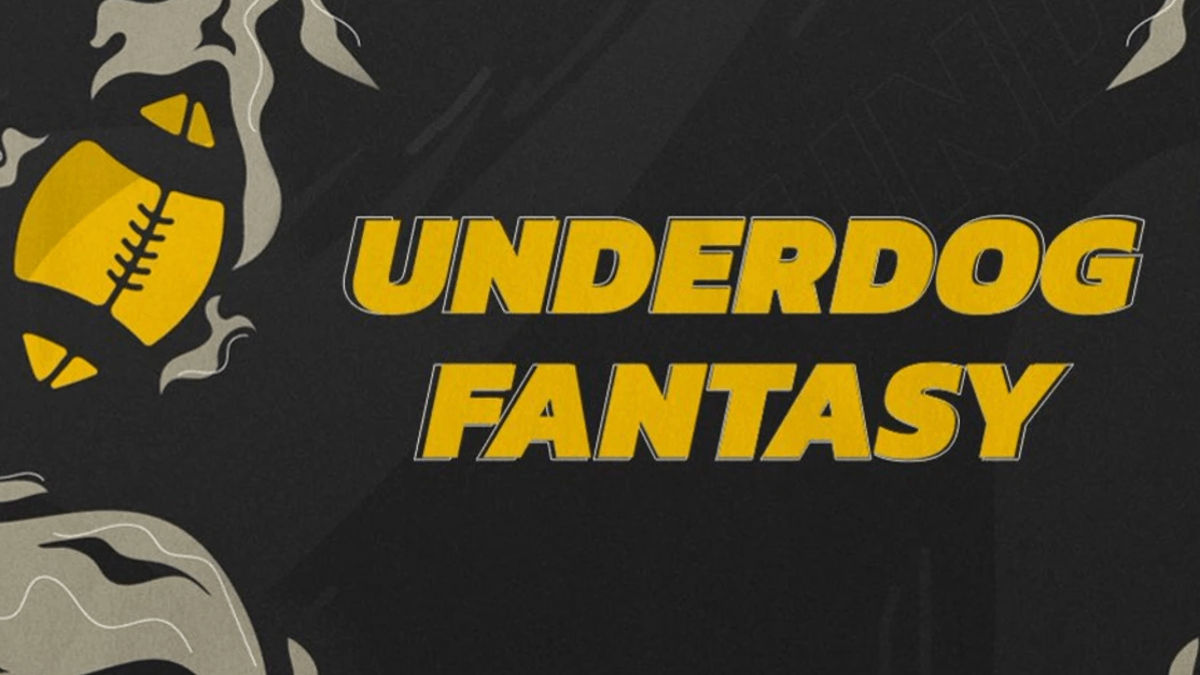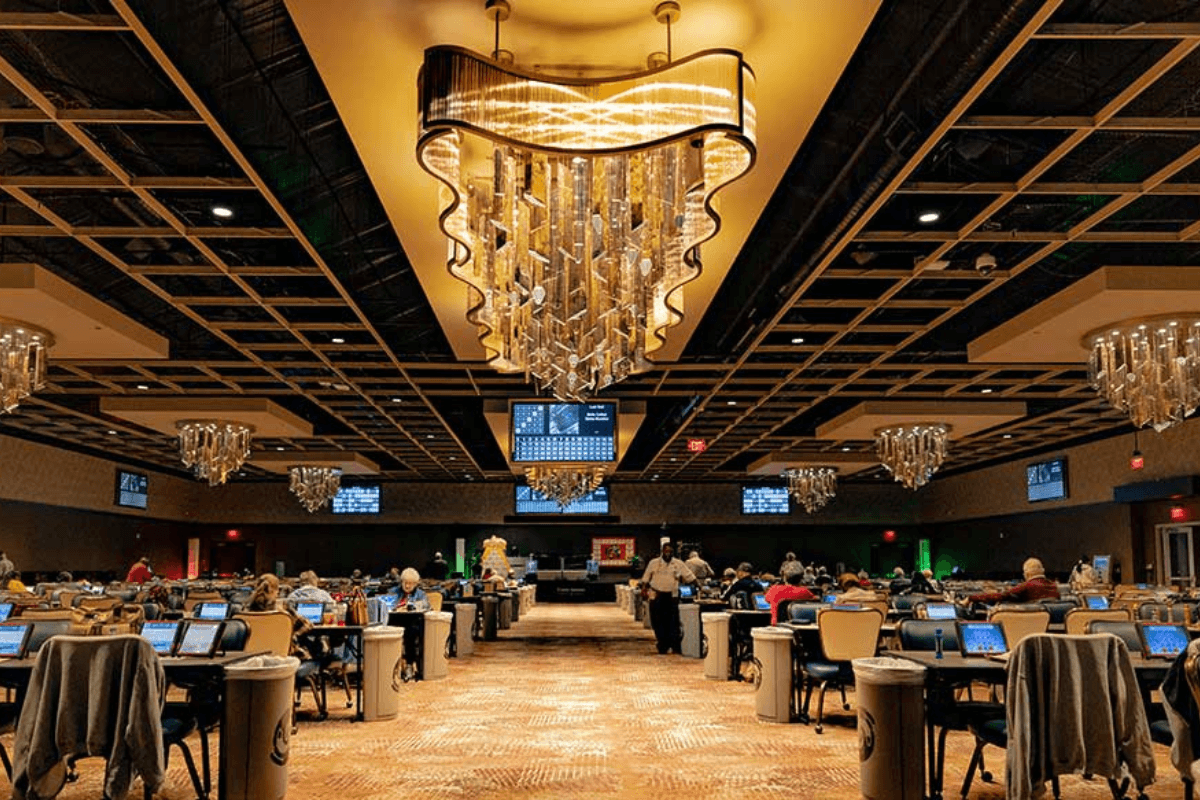Nearly two years and more than $10 billion in wagers later, the Arizona Department of Gaming will soon undertake the final round of licensing to help the state’s market hit its allotted number of sports betting licensees.
In a recent interview with BetArizona.com, ADG Director Jackie Johnson said the department’s decision to open up the final two professional sports team licenses, as well as a tribal license previously held by the Ak-Chin Indian Community and Fubo Sportsbook, stemmed from timing more than anything.
Only eight of the 10 Arizona sports betting licenses allotted to professional sports teams were awarded in advance of the September 2021 launch of wagering in the state. All 10 tribal licenses were awarded at that time.
“The timing was kind of a bunch of different things,” Johnson told BetArizona.com. “Those licenses were held up because of litigation and all that has closed. So we can proceed now. And then same with the tribal license that opened up as well.
“And so the timing was right now to get those out there.”
Closing of Fubo Sportsbook Alters Landscape
The litigation Johnson referenced was brought by Phoenix-based racetrack Turf Paradise, which sued former Gov. Doug Ducey and the ADG over the department declining to give the horse racing track a pro sports team license in 2021.
The track has since been awarded a limited license which allows it to offer retail sports betting only. The track is partnered with Unibet Sportsbook Arizona.
Johnson and her team at the ADG will pour through the applications that come in from various operators, with the application window formally opening Aug. 1 and running through Aug. 15.
The lone tribal sports betting license available stemmed from Fubo Sportsbook closing in October 2022, ending the company’s partnership with the Ak-Chin Indian Community. Fubo took in just over $6.1 million in wagers during the company’s time operating in Arizona.
The Ak-Chin is partnered with Caesars Sportsbook Arizona for its retail operation at the Harrah’s Ak-Chin Casino.
While Johnson, a representative from the ADG and a spokesperson from the Ak-Chin declined to specify the process behind the tribe losing its license, tribal gaming insiders believe the decision is a tough one for all involved.
Derrick Beetso, who serves as director of Arizona State University’s College of Law Indian Gaming and Self Governance Programs, called the tribe’s current wagering situation “unfortunate.”
“I think it was unfortunate what happened with Fubo Sportsbook, and it underscores the complexities of the sports betting landscape tribes in Arizona and elsewhere are learning to navigate,” Beetso told BetArizona.com. “I am hopeful the Ak-Chin Indian Community can ultimately receive the benefit of the bargain they struck with the State on sports betting.”
Longtime sports betting and iGaming industry insider Brendan Bussmann, who serves as the managing partner at B Global Advisors, said the 2021 Arizona betting apps law didn’t envision a scenario where an operator like Fubo Sportsbook would go under.
“It creates an interesting dynamic of who holds the license — the tribe or the partner,” Bussmann told BetArizona.com. “At a minimum, they could come in with a new partner — but without a partner, they may have lost the license — which opens it up to any of the other tribes that have been sitting on the sidelines as only 10 were given the opportunity to hold a direct license.”
State Statues Dictate Licensing Process
In the ADG’s press release announcing the licensing decision, the department said it would “evaluate all applications received based on the established criteria pursuant to the State’s event wagering rules and statutes,” a stance Johnson reiterated to BetArizona.com on Thursday.
“It’s all in statute and rules,” Johnson said. “The statutes, like I said, set forth who actually qualifies to apply. And then, you know, once the determination is made, once applications are received, there's going to be a determination as to who qualifies.”
Johnson did say the department expects great demand for the final three licenses given the $10.1 billion in wagers the state has taken in since launching in 2021.
Some of the major wagering companies that either missed out on or weren’t around for the state’s previous round of licensing are Fanatics Betting and Gaming, Bet365, Betr and Tipico Sportsbook.
Johnson said that her team has already started fielding inquiries from operators, while declining to specify who has reached out so far.
“From what I hear from my team that gets the inquiries that come in, people are interested and waiting,” Johnson said. “And so, I think that we will have a number of parties interested in wanting to apply.”
Candidates Unclear for Remaining Pro Licenses
Under HB-2772, which legalized sports betting two years ago, a “pro sports team facility” was one: “That is owned by a commercial, state or local government or quasi-governmental entity that hosts professional sports events and that holds a seating capacity of more than ten thousand persons at its primary facility, one location in this state that hosts an annual golf tournament on the PGA Tour and one location that holds an outdoor motorsports facility that hosts a national association for stock car auto racing national touring race.”
Using that 10,000-seat benchmark, the only team that would qualify for a pro sports wagering license that doesn’t already have one is USL Championship soccer team Phoenix Rising FC.
The Tucson Roadrunners’ home (Tucson Arena) holds 6,521 for the AHL hockey team. The facility’s other tenant (the IFL Tucson Sugar Skulls) has a maximum capacity of 8,962 on game days.
Bussmann believes the ADG could have an issue filling out the final two sports team licenses, given the narrow parameters in which rules were written.
“The parameters for an event wagering operator are fairly narrow with the professional sports allowed and the specifics as it relates to the PGA and NASCAR,” Bussmann said. “In addition to those two, you also have the NFL, MLB, NBA, NHL, WNBA, and IFL. There are not many other professional sports that are at that level in Arizona other than maybe Phoenix Rising."
Bussmann also said it was unlikely Turf Paradise Race Track would be able to qualify for a pro sports license after failing to receive one in September 2021.
“Turf Paradise has tried for years to figure out a way around the tribal gaming foundation and the likelihood of that ever happening becomes slim at best,” Bussmann said. “It would be pandora’s box to the gaming world that current stakeholders hold. They will continue to push but I don’t see a pathway forward for expansion under the current extent of the law.”
Vincent Francia, who is Turf Paradise’s general manager, told BetArizona.com that track is still on the fence about whether or not they plan on pursuing a full wagering license, which requires an application fee of $100,000, along with an initial license fee of $750,000 and annual payments of $150,000.
“We’re taking a look at it, but that was a license that we were turned down for previously, so I don’t know that we would pursue it because we were once turned down for it,” Francia said.
Representatives from Phoenix Rising FC, the Tucson Roadrunners and the Tucson Sugar Skulls have not returned requests for comment about their sports betting plans.
Ensuring Equitable Access For Everyone
Given Johnson’s long career in tribal gaming law with both Quarles & Brady and Rothstein Donatelli, it’s of little surprise the first-year director of the ADG sees equitable licensing as a key goal for the department going forward.
Johnson told BetArizona.com it’s of the utmost importance regulators from her team take the time necessary to make fair and consistent decisions regarding which operators receive licensing next month, ensuring the state’s sports teams and tribal partners find sound footing going forward.
Industry insiders like Bussmann believe operators will be more eager to find a partner for the lone tribal license, versus taking a chance on one of the two available sports team licenses that could be thrown out if regulators don’t see the team as meeting the qualifying standards.
“The easiest path forward for a new market entrant may be through the tribal license as that is a guarantee,” Bussmann said. “It may take some gymnastics to get to another professional sports license, but we will know more when ADG has its information session in the near future.”
One way or another, Johnson wants to ensure the ADG is fair and transparent about the department’s licensing decisions with the final three vacancies in the state.
“I want to make sure that we're being consistent and fair for all parties. And so that's also the reason that we were able to put out for notice the two professional sports betting licenses and the lone tribal license,” Johnson said. “We wanted to make sure that they went out for bid together, so that everybody has kind of the same timeline, while also helping us internally, to be more efficient on our end as well.
“So that’s always something I'm keeping an eye on, is making sure that we are being fair and consistent with all of our stakeholders — all of our event wagering stakeholders and all of our tribal gaming stakeholders.”










